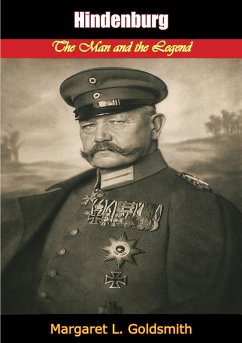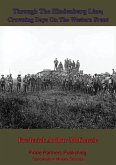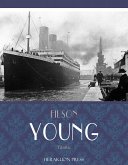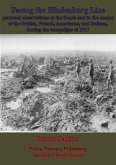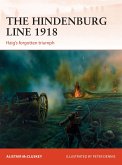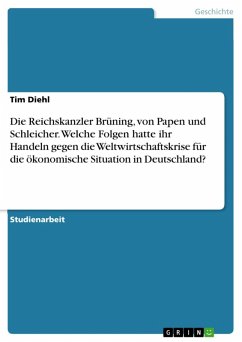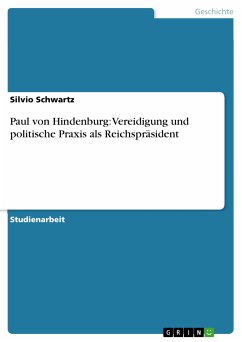1930 biography of Prussian World War I General and Field Marshal Paul von Hindenburg, who went on to become President of the Weimar Republic, written by journalist husband-and-wife team Margaret Goldsmith and Frederick Voigt.Paul von Hindenburg (1847-1934) was a German military officer, statesman, and politician who largely controlled German policy in the second half of World War I and served as the elected President of Germany from 1925 until his death in 1934. He played the key role in the Nazi "e;Seizure of Power"e; in January 1933 by appointing Adolf Hitler chancellor of a "e;Government of National Concentration."e;Hindenburg first came to national attention during World War I at the age of 66 as the victor of the decisive Battle of Tannenberg in August 1914. As Germany's Chief of the General Staff from August 1916, Hindenburg's reputation rose greatly in German public esteem. He and his deputy Erich Ludendorff then led Germany in a de facto military dictatorship throughout the remainder of the war, marginalizing German Emperor Wilhelm II as well as the German Reichstag.Hindenburg was elected the second President of Germany in 1925 and, considered the only candidate who could defeat Hitler, ran for re-election in 1932. He became a major player in the increasing political instability in the Weimar Republic that ended with Hitler's rise to power, dissolved the Reichstag twice in 1932, and, finally, under pressure, agreed to appoint Hitler Chancellor of Germany in January 1933. In March he signed the Enabling Act of 1933, which gave Hitler's regime arbitrary powers. Hindenburg died the following year, after which Hitler declared the office of President vacant and made himself head of state.
Dieser Download kann aus rechtlichen Gründen nur mit Rechnungsadresse in A, B, BG, CY, CZ, D, DK, EW, E, FIN, F, GR, HR, H, IRL, I, LT, L, LR, M, NL, PL, P, R, S, SLO, SK ausgeliefert werden.

